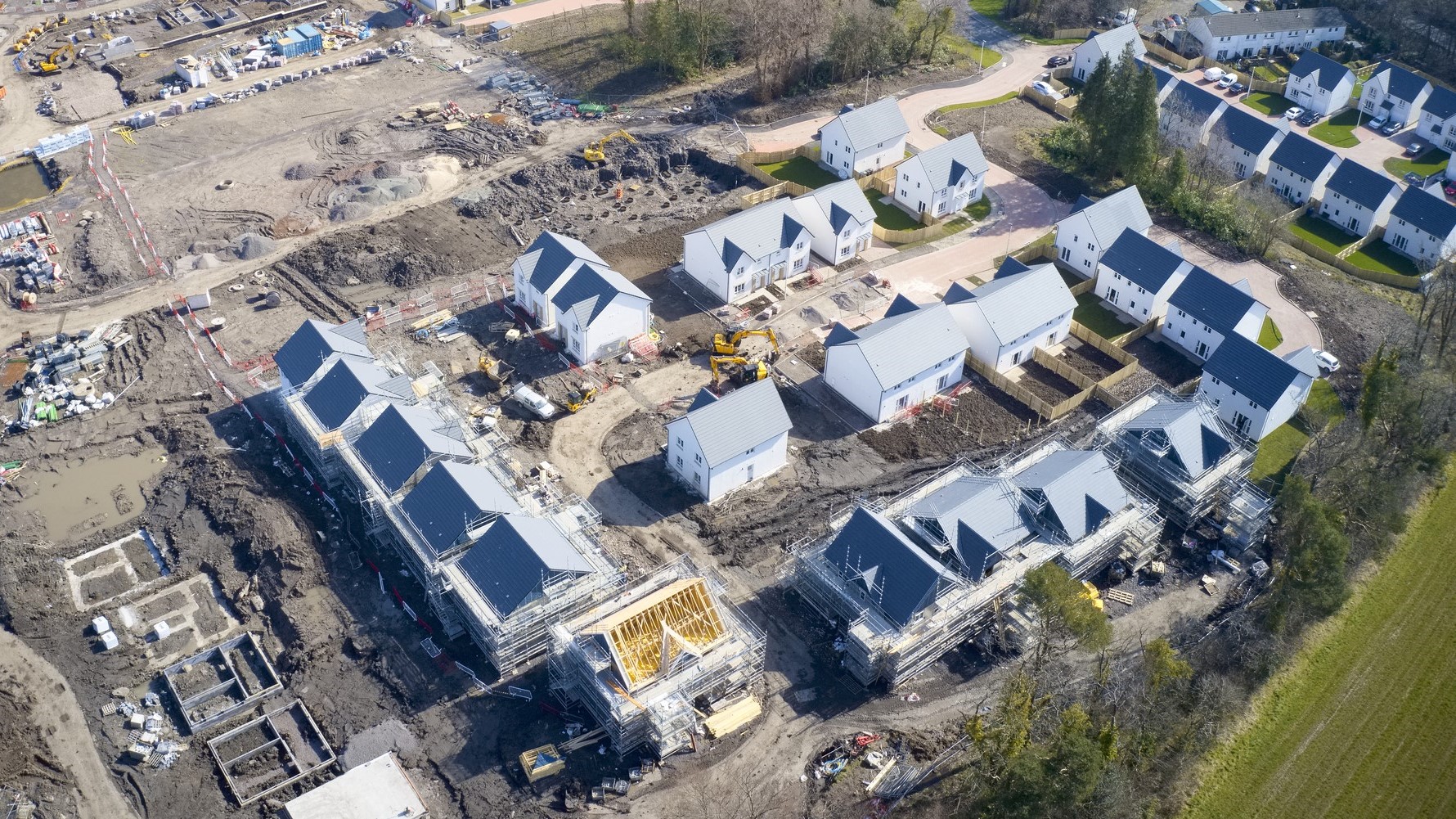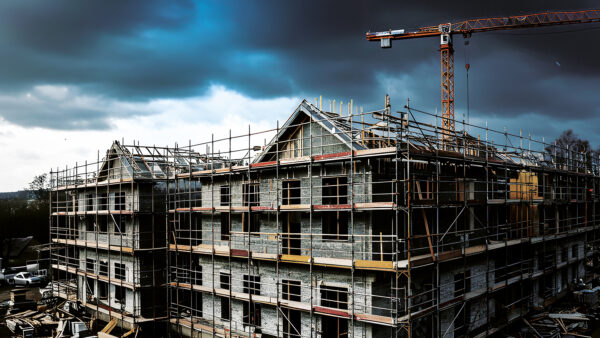The way nutrient loads are calculated must change if we want to end the current hiatus in housebuilding, writes Stephen Wielebski.

The Home Builders Federation (HBF) estimates that since June 2019, more than 150,000 new build homes have been blocked from being built “because of Natural England’s (NE) disproportionate moratorium on housebuilding”.
In that period, NE has issued advice to 74 local planning authorities preventing them from granting planning permission for residential development unless nutrient neutrality could be achieved.
But its rationale is questionable.
To put matters into a quantitative perspective, the agricultural sector is responsible for 70% of total nutrient pollution, and sewerage companies for 25-30%.
Housebuilding and construction contributes less than 1% of nitrate and phosphate pollution, according to new research.
In contrast, the housebuilding and construction contribution is extremely small. According to new research undertaken by consultants TDS and W A Consultancy, nitrate and phosphate pollution attributable to new development is less than 1% of the total.
NE considers that a new development achieves nutrient neutrality when the additional nutrient load is mitigated. This means designing the development alongside suitable mitigation measures so that the new buildings do not impact on the condition of sensitive receptors and water bodies.
However, there is a paradox in that the requirement only applies to new developments involving overnight accommodation – the agricultural industry and non-residential building typologies are not affected. Nutrient-enriched surface water run-off from agricultural holdings and wastewater discharges from non-domestic buildings can continue without any form of pollutant mitigation.
Pollutant impact of sewerage companies
Housebuilders are also being punished for the inadequate investment in sewerage infrastructure, following privatisation of water companies in 1989. New construction, especially housebuilding, has become a convenient proxy to deal with the sewerage sector’s shortcomings.
Moreover, NE had assumed 100% of all new properties involving overnight accommodation would have a pollutant impact even though research by the HBF in 2023 has shown this is unlikely ever to exceed 20%.
NE’s current position on nutrient loads has led to a marked slowdown in housebuilding over the last four to five years. The latest research by TDS and W A Consultancy has been shared with NE so it is aware of the qualitative and quantitative evidence about the limited impact of new housebuilding on nutrient pollution. It is time NE revisited its nutrient loading calculation methodology.
Stephen Wielebski FCIOB CEnv is principal partner at W A Consultancy.
Comments
Comments are closed.












Perhaps the house-building and development industries should have lobbied the UK Government a long time ago to sort out the problem caused by the agriculture and sewage ‘treatment’ industries. This issue has been flagged up by The Environment Agency for over 15 years and they warned that it would affect the house-building and development industries.